A tweet, a hack and Bitcoin price surge: What happened?
At around 00:53 GMT on June 10, 2025, the verified X account of Paraguayan President Santiago Peña posted something that set the crypto world buzzing.
The now-deleted tweet stated that Paraguay had officially approved Bitcoin as legal tender. It added that President Peña had signed into law a $5 million Bitcoin (BTC) reserve and bond access for crypto-enabled citizens. It also contained a wallet address prompting users to stake BTC.
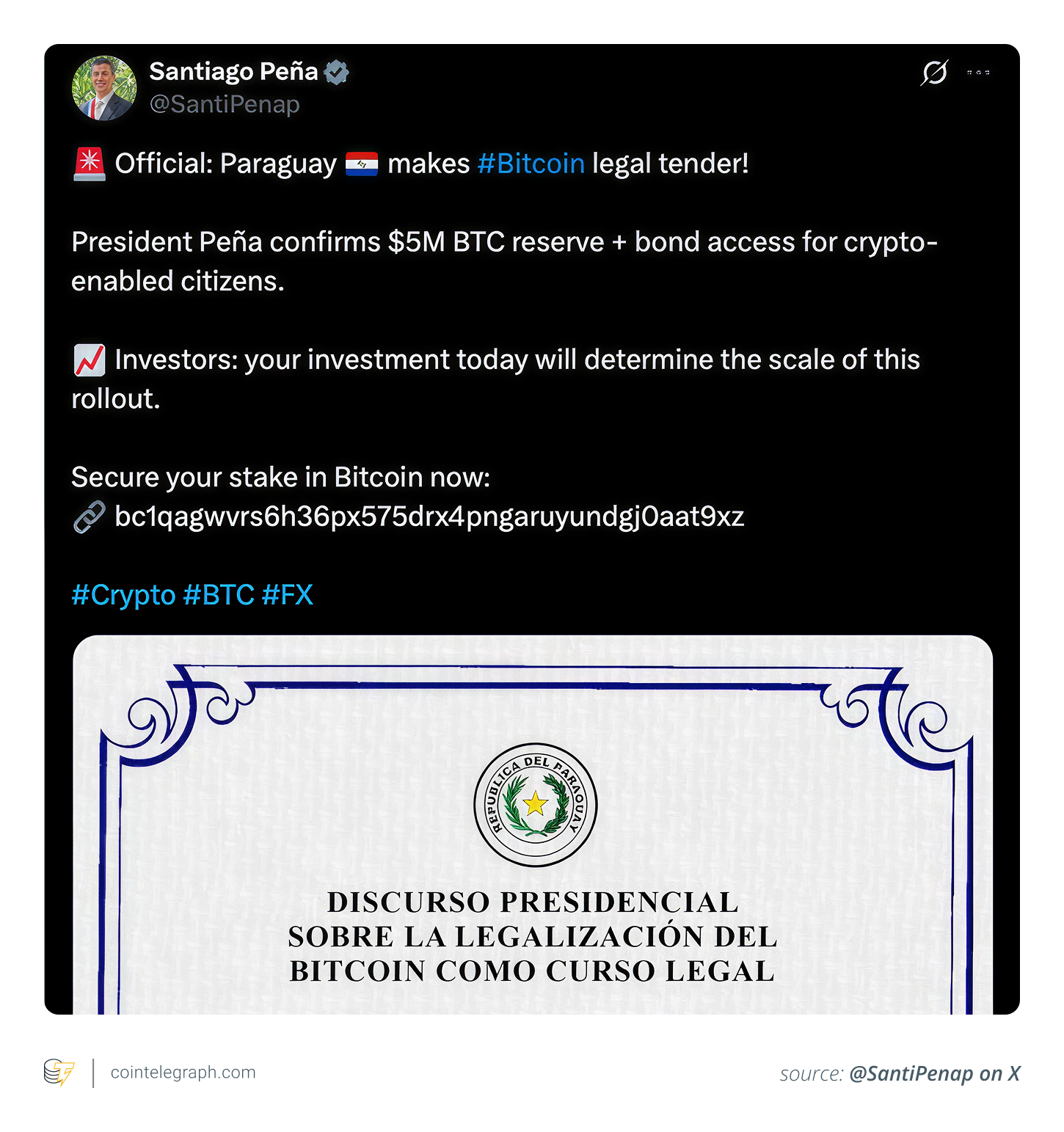
The tweet was written in English, an odd choice for a Spanish-speaking president, but it didn’t stop speculation from racing ahead. Included in the post was a wallet address and a call to action, which many crypto users immediately flagged as suspicious.
Within minutes, the official Paraguayan government account (@PresidenciaPy) issued a correction: The president’s account had been compromised and the information was false. The post was swiftly deleted, but the damage, at least to market sentiment, was already done.
Did you know? Paraguay’s crypto boom has a criminal undercurrent; illegal mining farms have been busted stealing up to $60,000 in electricity per month, with thousands of machines seized in police raids nationwide in 2024.
The price reaction: BTC spikes above $110K
In the highly speculative crypto world, even a hint of positive news can send prices flying. The idea of another country adopting Bitcoin as legal tender, following El Salvador’s 2021 move, is enough to stir major market enthusiasm.
Despite being a hoax, the tweet caused BTC to spike over 4%, reaching a local high of $110,450, according to aggregated trading data from major exchanges. At the time, it was one of the highest intraday price jumps of the quarter.
Several other top tokens also saw temporary boosts:
Importantly, this upward movement wasn’t only because of the Paraguay news. There was a confluence of bullish signals, including ongoing trade talks between the US and China, which provided a macroeconomic tailwind to risk assets.
Additionally, other simultaneous developments like the CLARITY Act, a bipartisan US bill clarifying regulatory authority over digital assets, giving primary oversight of crypto markets to the CFTC, passed both the House Agriculture and Financial Services committees around the time of the fake tweet. Moreover, major exchanges like Gemini and Coinbase are set to secure MiCA licenses, reinforcing institutional confidence in Europe’s regulatory framework.
Did you know? The Efficient Market Hypothesis (EMH) says asset prices instantly reflect all available information. However, crypto markets often defy this, as seen when a fake tweet from Paraguay moved Bitcoin prices before the truth was confirmed.
A history of hacked tweets in crypto
This isn’t the first time a high-profile figure’s account has been hacked to influence crypto markets.
Notable past hacks:
- 2020: Accounts of Barack Obama, Joe Biden, Elon Musk and others were hijacked in a massive coordinated scam asking for Bitcoin donations. The scheme collected over $100,000 before being shut down.

- 2021: Indian Prime Minister Narendra Modi’s X account was hacked, falsely claiming Bitcoin had become legal tender in India.
- 2024: The SEC’s official X account was compromised, falsely announcing the approval of a long-awaited spot Bitcoin ETF. The tweet triggered a rapid BTC price surge before being debunked, showcasing once again how sensitive crypto markets are to misinformation.
The goal in most cases? Pump-and-dump schemes or direct scams that lure unsuspecting users into sending Bitcoin or tokens to fraudulent addresses.
In the Paraguay incident, the wallet address posted in the hacked tweet reportedly held only $4, indicating this was likely more about market influence than theft.
Why does the market react to crypto news?
Crypto markets are fast, global and emotional. Many traders rely on headline momentum, scanning social media and news feeds for hints of what to buy or sell.
In such a setting:
- News = Fuel.
- Uncertainty = Volatility.
When the tweet hit, algorithmic trading bots likely picked it up before humans had time to fact-check. These bots are trained to react to keywords like “legal tender,” “Bitcoin” and “reserve,” triggering automatic buy orders that amplify price action.
Paraguay has long been rumored to be friendly toward Bitcoin mining, thanks to its cheap hydroelectric power. That lent some surface-level plausibility to the announcement, giving it just enough credibility to move markets, even if only for a short while.
Why does this matter?
- Trust in social media remains fragile: Even in 2025, when deepfake detection and platform security have supposedly improved, high-level social media hacks can still shake global markets. This underscores how centralized communication channels can become attack vectors in decentralized finance.
- Legal tender = major catalyst: Bitcoin’s official adoption as legal tender in El Salvador (2021) and later the Central African Republic (2022) served as historical reminders of how much symbolic weight such moves carry. Traders are still primed to react strongly to similar headlines, true or not.
- Market maturity? Not quite: While institutional adoption has grown, events like these highlight that crypto remains highly reactive and in some ways immature. A fake tweet should not be able to move billions in market cap, but it still can.
Could a real legal tender law come from Paraguay?
As of mid-June 2025, there’s no official move by Paraguay to adopt Bitcoin as legal tender.
However, the country remains relevant in crypto circles due to its cheap hydroelectric power from the Itaipu Dam, which supports a growing number of mining operations.
While Paraguay’s energy profile makes it a natural fit for mining, the leap from mining hub to legal tender adoption is substantial. El Salvador remains the only country in Latin America to have taken that step. The Central African Republic followed suit in 2022, but both moves were met with skepticism from international financial institutions like the IMF and World Bank.
Other Latin American nations, including Argentina, Brazil, Colombia and Mexico, have explored crypto adoption in more cautious, regulatory-focused ways. Argentina has discussed using Bitcoin for contracts in certain provinces, while Brazil’s central bank has launched a pilot CBDC called Drex. Yet none have pushed legislation to recognize Bitcoin as an official currency.
Adopting BTC officially requires more than favorable conditions; it demands legislative backing, central bank alignment and geopolitical preparation. For now, Paraguay doesn’t appear to be on that path.
How to identify fake tweets and protect yourself
To identify and protect against fake crypto tweets, always verify the source, watch for scams and use trusted tools before taking action.
In the fast-moving world of crypto, one fake tweet can send prices soaring or crashing. It is critical to know how to spot misinformation before it affects your trades or wallet. Here’s how to stay safe:
- Check the handle carefully: Always examine the username for subtle misspellings, extra characters or missing verification badges. Impersonation accounts often look nearly identical to real ones at first glance.
- Verify the language used: If a tweet from a non-English-speaking government is written in English, it could be a red flag. Official announcements are usually made in the country’s primary language.
- Cross-check with trusted sources: Before reacting, confirm the news through official websites, press releases, or reliable media like Reuters or Bloomberg. If it’s real, multiple credible outlets will report it.
- Watch for urgency cues: Phrases like “Act now” or “Limited time only” are classic hallmarks of scams. They’re designed to push you into quick, emotional decisions.
- Avoid wallet links and QR codes: No legitimate government or public figure would include a wallet address in a tweet. If you see one, it’s almost certainly a scam.
- Use browser security tools: Install tools like Wallet Guard and Revoke.cash or phishing filters to block malicious links and detect suspicious activity. These tools can add an extra layer of protection.
- Pause before reacting: In crypto, speed isn’t always safe. Take a moment to verify information before making any trades or transactions.

 4 weeks ago
13
4 weeks ago
13

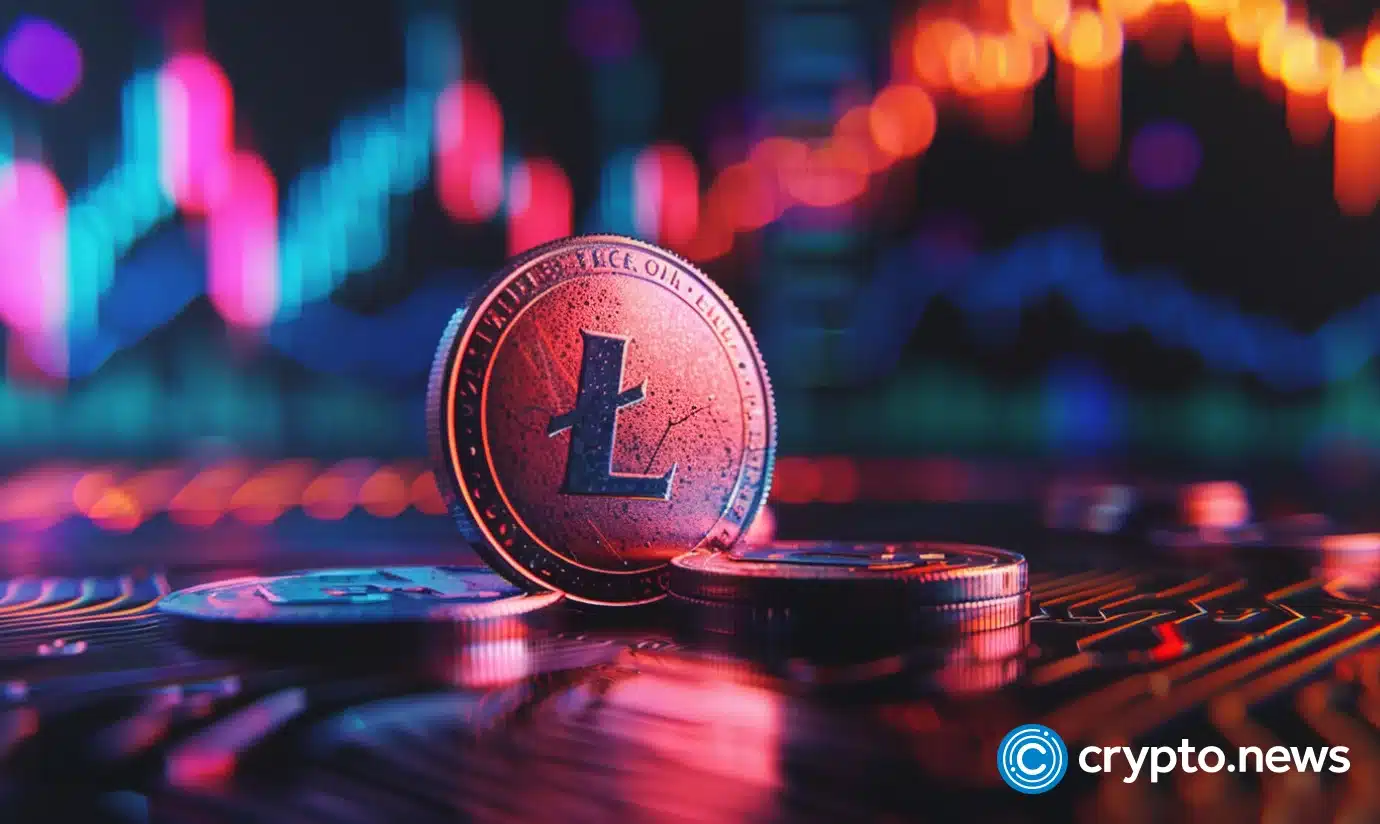

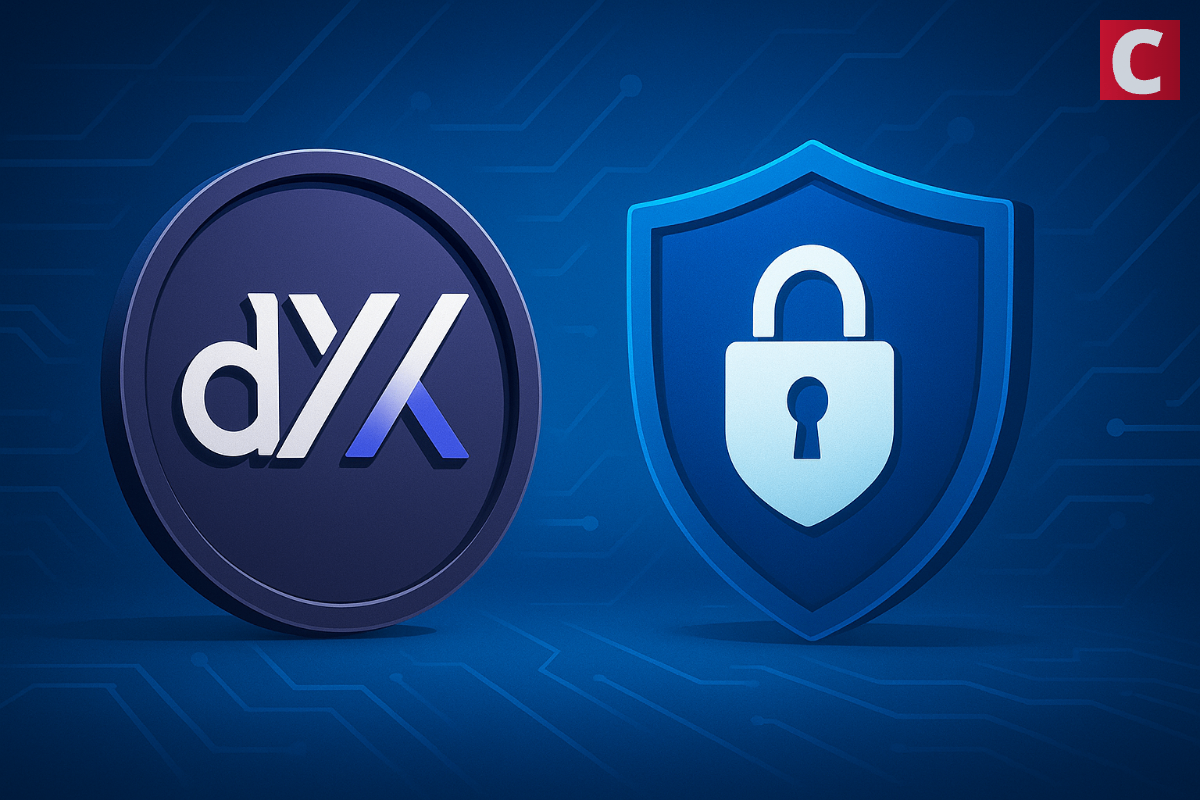

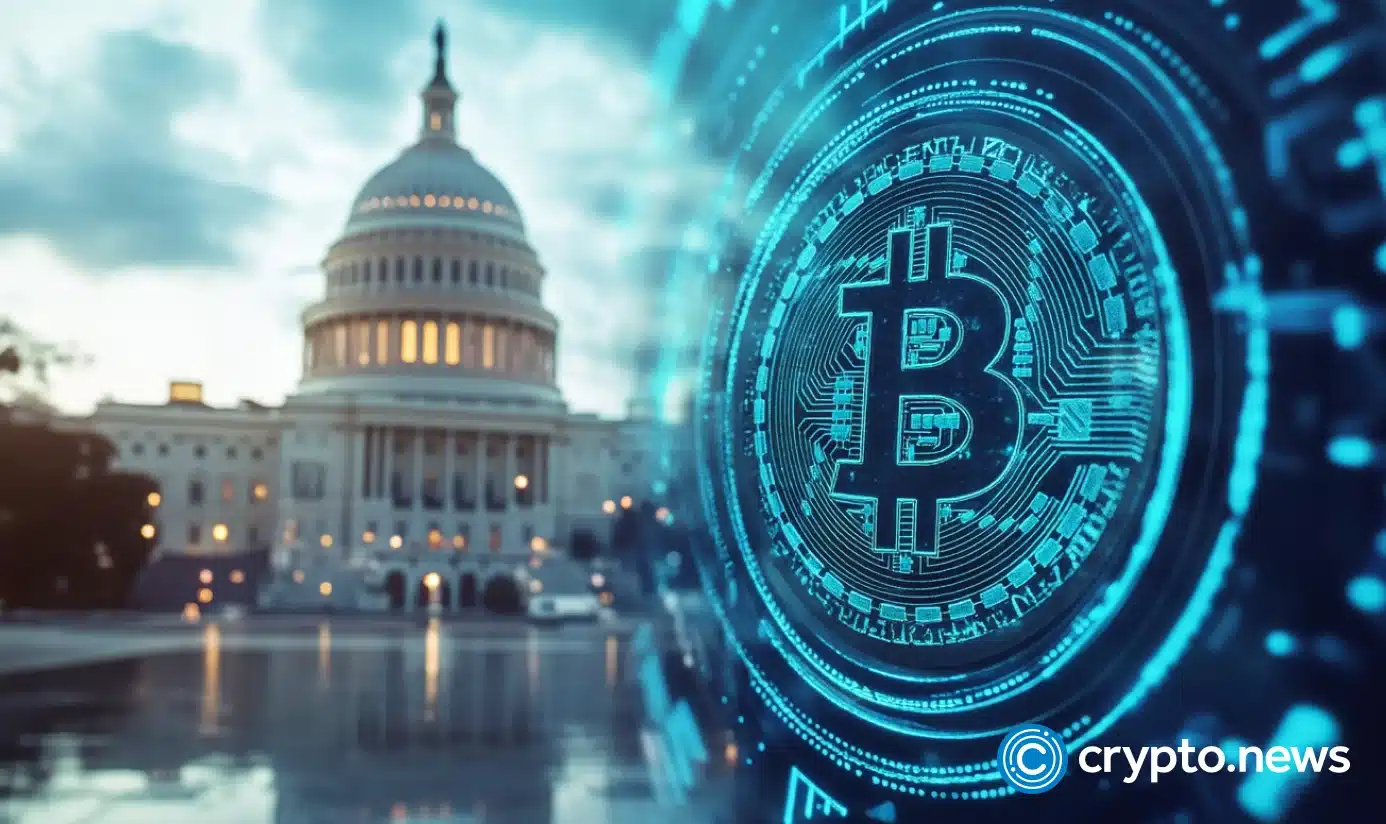

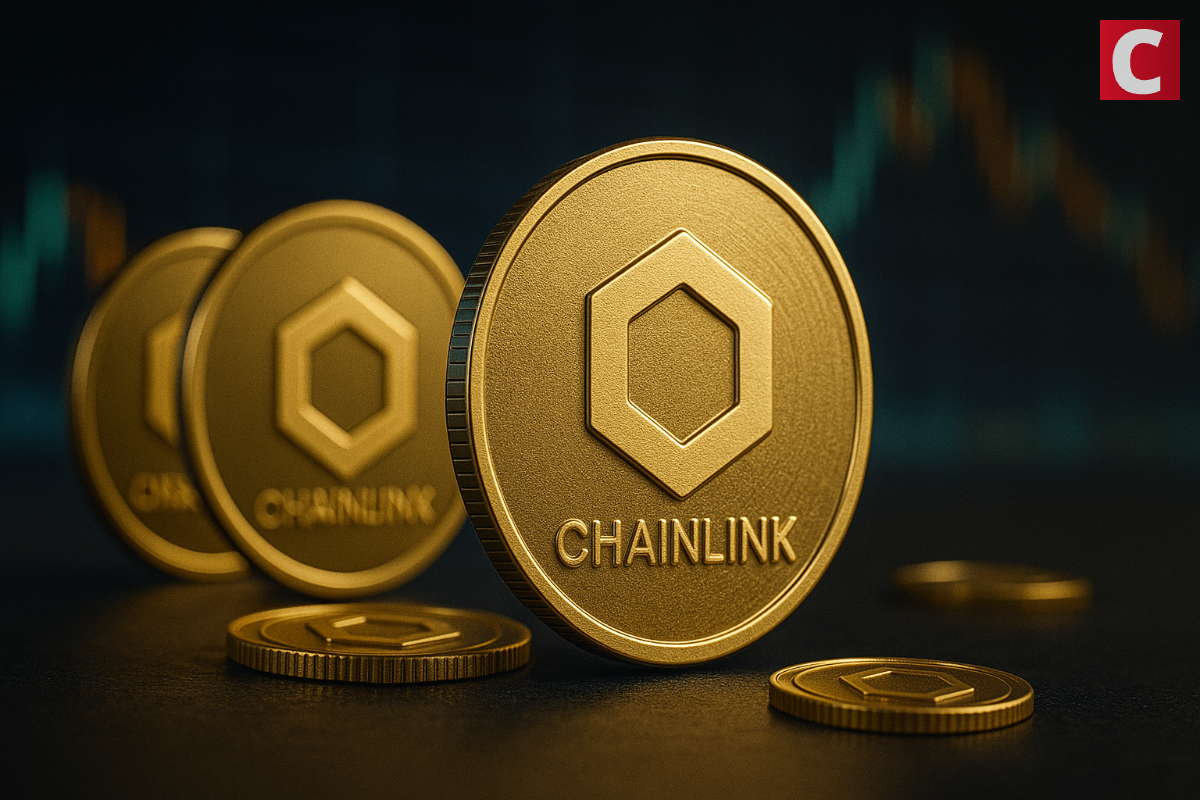

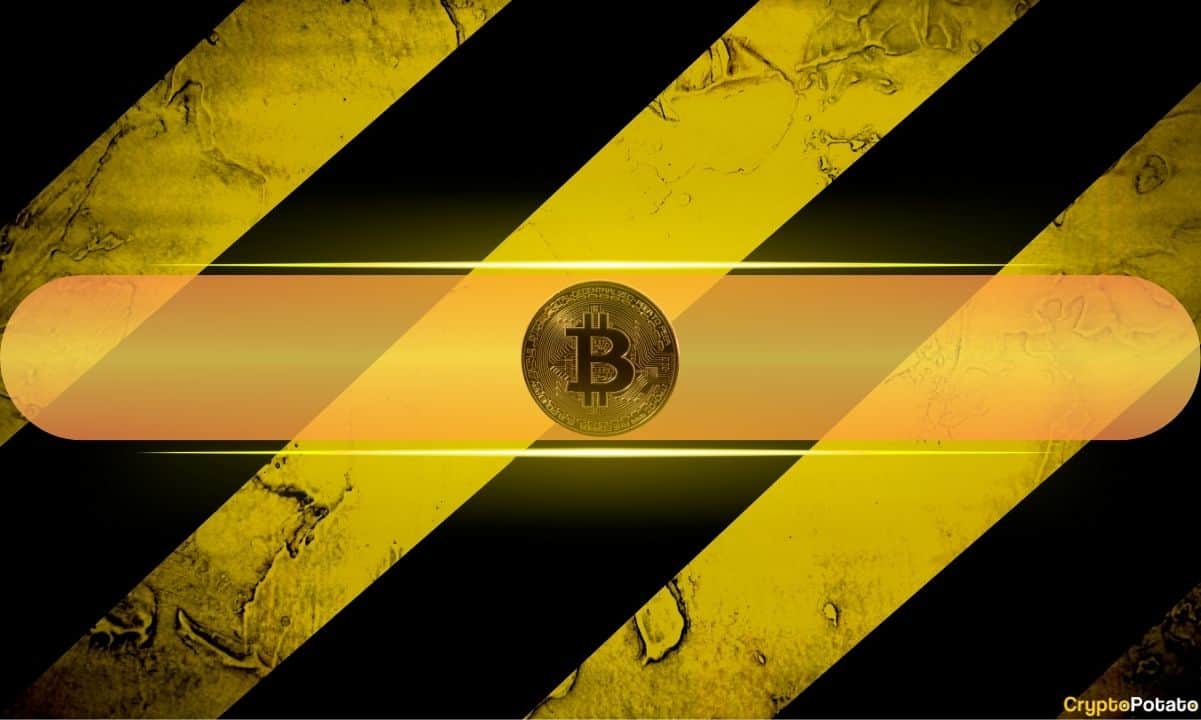



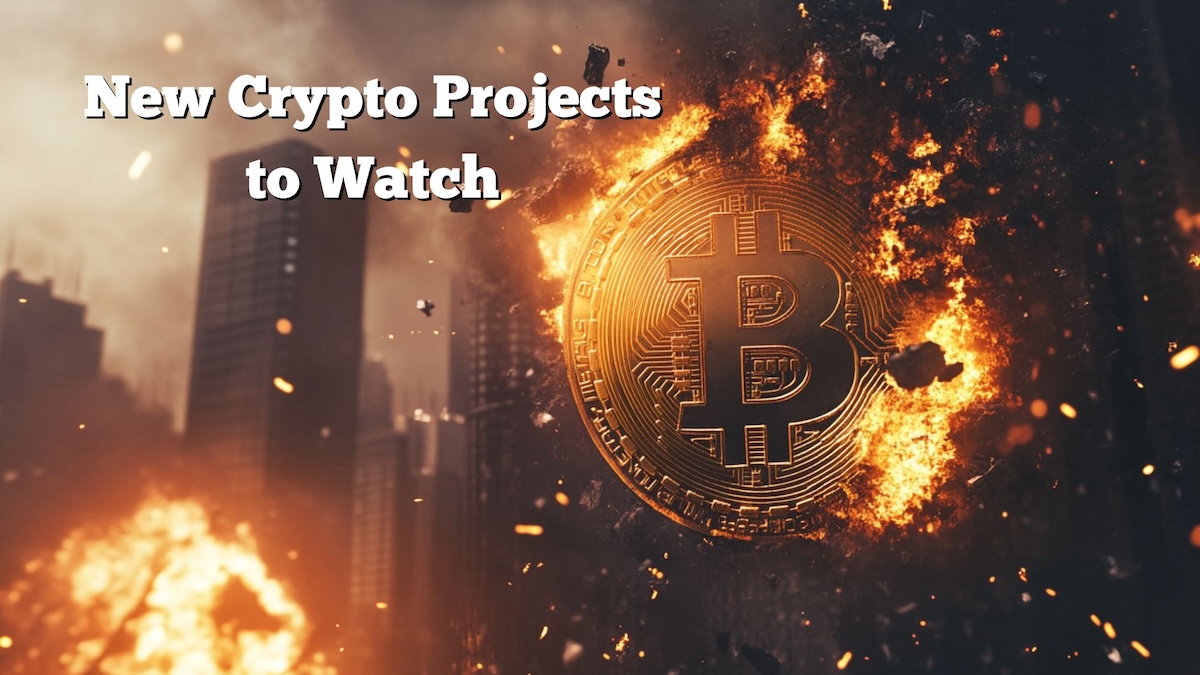


 English (US) ·
English (US) ·